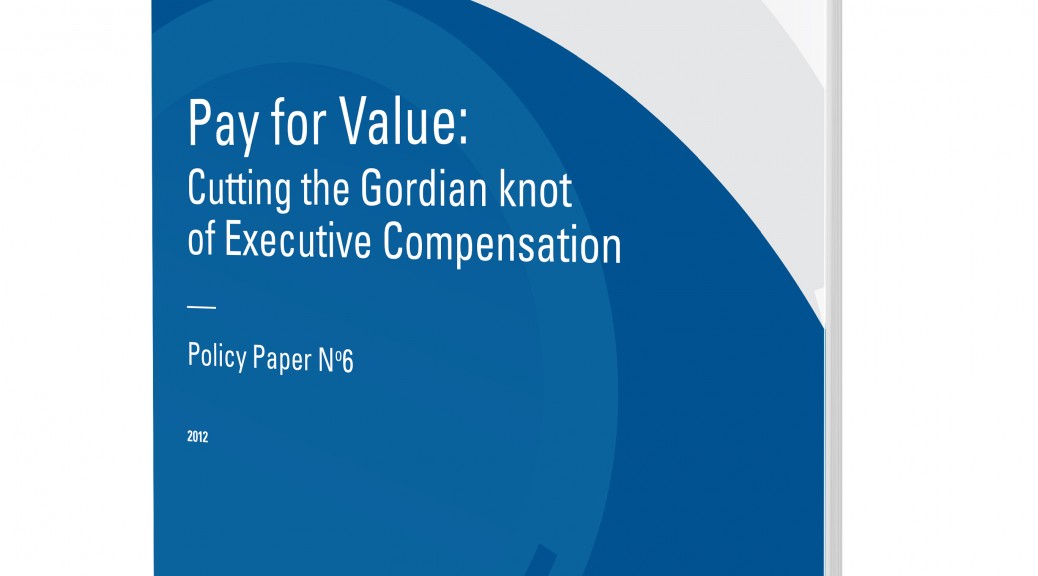In the U.S. when the board says no to a would-be acquisitor, the matter is largely settled.
English-Canadian media are in a tizzy. The Quebec government wants to block the takeover of Rona by the American Lowe’s Cos. Inc. Nationalistic impudence, misguided tampering with financial markets, jingoistic economic policies — the salvo of epithets has been astonishing.
Yet, they’re all missing the point. Rona has adopted an obsolete ownership model (one share, one vote, etc.) that puts its fate in the hands of speculators, share-swappers, arbitrage funds and hedge funds. It is subjected to a set of rules governing takeovers in Canada written and enforced by securities commissions, which rules have no equivalent in the United States, the shining champion of free markets.
Let’s see how this works.
First, if Rona had put in place a capital structure with a dual class of shares, say like Canadian Tire, a takeover without the consent of the board and the controlling shareholders would be impossible. No need for any government to intervene.
Second, if Rona had a staggered board (that is, only one third of board members stand for election each year, a rarity in Canada), as do many U.S. corporations, the board could easily resist the unwanted advances of a corporate suitor. No need for the government to intervene.
Third, let’s suppose that Canada, like several U.S. states, had by law given boards of directors the legal authority to assess unwanted bids for their companies, take into account the interest of all stakeholders (including shareholders) and just say no, if in their considered judgment a transaction is not in the best interest of the company. Remember the board of Rona said “No, thank you” to Lowe’s. The Quebec government is not going against the will of the board.
Remember how the attempted acquisition of the Iowa-based convenience store chain Casey’s by Quebec’s Alimentation Couche Tard was thwarted by the board acting fully within the purview of Iowa business laws. No economic jingoism here and no need for the government to intervene.
But wait. The Canadian Business Corporation Act actually says that: “Every director and officer of a corporation in exercising their powers and discharging their duties shall (a) act honestly and in good faith with a view to the best interests of the corporation; (emphasis added).
The Supreme Court of Canada, in two important decisions, set out what that clause means. In the BCE case: “The fiduciary duty of the directors to the corporation originated in the common law. It is a duty to act in the best interests of the corporation. Often the interests of shareholders and stakeholders are co-extensive with the interests of the corporation. But if they conflict, the directors’ duty is clear — it is to the corporation.”
And, in Peoples v. Wise: “We accept as an accurate statement of law that in determining whether they are acting with a view to the best interests of the corporation it may be legitimate, given all the circumstances of a given case, for the board of directors to consider, inter alia, the interests of shareholders, employees, suppliers, creditors, consumers, governments and the environment.”
But Canadian securities commissions have taken it upon themselves to promulgate and enforce rules that essentially scrap this responsibility of the board, though clearly spelled out by the Supreme Court. For instance, in the United States, poison pills, a most effective tool to resist unwanted takeovers, are commonly used and may have a long life. In Canada, as per our securities commissions, poison pills have a limited life (45 to 60 days) and merely serve as an interlude for the board to try to get a better offer (though the securities commissions have lately become somewhat more flexible).
An article published in the Financial Post on Feb. 8 by Julius Melnitzer (Canadian firms easy targets for takeovers) reports on how a number of Canadian senior legal counsels view the matter: “ ‘In a nutshell, the target board is in a much stronger position in the U.S. than it is in Canada,’ says Manny Pressman of Osler, Hoskin & Harcourt LLP’s Toronto office. ‘That’s because takeover defences are much stronger in the U.S. and because U.S. courts give enormous respect to directors’ business decisions and judgments regarding hostile bids, whereas Canadian courts and regulators treat them as virtually inconsequential ….
“ ‘In Canada, it’s almost certain that a target that becomes the subject of a hostile bid will be sold …. In the U.S., it’s very difficult to buy a company that’s not for sale.’ ”
That is the point. In the U.S. when the board says no to a would-be acquisitor, the matter is largely settled (more so in some U.S. states than in others). No political interference needed on a case-by-case basis, as the relevant business acts have done the job.
In Canada, it is high time to bring the regulation of takeovers in line with Canadian laws and Supreme Court judgments, to give back to boards of directors the authority to make the judgment calls on these matters.
That’s what Rona is all about.



